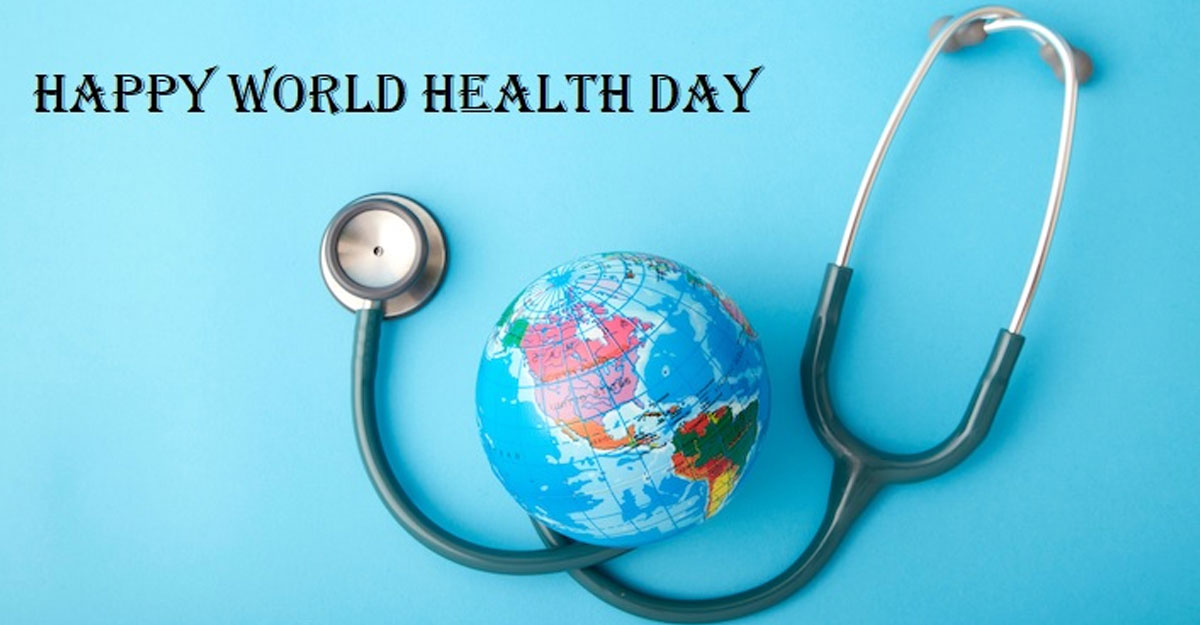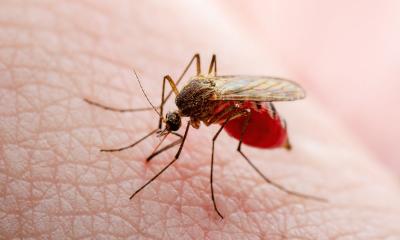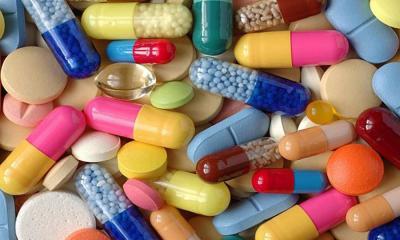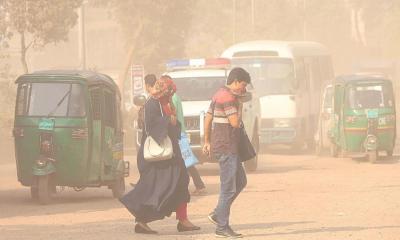- Health sector budget decreasing
- Most expenditure on drugs purchase
Universal health care will not be possible if marginal level health improved. Govt budget should be rise.
-Dr. Syed Abdul Hamid, Prof,IHE, DU
Miraj Ahmed is a resident of Chapainawabganj district. Two months ago, an eight-year-old boy with cancer was brought to the National Cancer Research Institute and Hospital in the capital.
His son is currently undergoing treatment at the Children's Cancer Ward. He is also in the hospital with his son. He has settled in the balcony of the hospital. He said, my son's cancer was diagnosed three months ago. After receiving treatment at the district government hospital for a while, the doctor advised to bring him to Dhaka. Two months of treatment at the cancer hospital showed some improvement.
Tk 5 lakh of my savings have been exhausted when it came to my son's treatment.
Due to financial problems, he decided to go back to the village with his son after a week with the doctor's advice. Miraj Ahmed's story of helpless surrender to medical expenses in the country is not the only one. Many low and middle class families are left destitute due to expensive treatment. In such a situation,
today 20th Health Day is being celebrated across the world the theme"to ensure the right to health;Working Together with the theme ".
The Government of Bangladesh has also expressed solidarity with the global commitment to ensure health care for all by 2030. But problems such as insufficient advanced treatment at the marginal level, expensive medical services, rising prices of medicines, insufficient budget in the health sector, manpower and infrastructure crisis are the biggest challenges in ensuring universal health care.
The latest study by the Health Economics Unit, a government agency, says that out-of-pocket expenditure on health has been steadily increasing. 68.6 percent of medical expenses are borne by the individual. And while spending this, more than 86 lakh people are going below the poverty line every year.
According to the study, the private expenditure of people in the medical sector has increased in the country in 2020 as compared to 2015. This additional expenditure was 67 percent in 2015, which stood at 69 percent in 2020. In 2020, two-thirds or 68.5 percent of the total health expenditure in Bangladesh was spent on out-of-pocket expenses. According to the study, the biggest expenditure in treatment is to buy medicines. The cost is 64.6 percent. Apart from this, 11.7 percent in diagnostic tests, 13.2 percent in alternative medical services and 10.1 percent in hospital costs. Compared to 2019, the cost of receiving hospital and alternative medical services has increased this year. Of these expenditures, 31 percent comes from the government and donor agencies.
Only the government bears 23.1 percent. The financial details of the health sector are presented in this report from 1997 to June 2020. It shows that the share of government was 28, 26 and 23 percent of the total expenditure in 2018, 19 and 20 respectively. That is, the share of the government is gradually decreasing. Again in those years the personal expenditure was 64, 66 and 69 percent. That is, the individual's own expenses are increasing while undergoing treatment. Although the World Health Organization recommends allocation of at least 15 percent of the national budget to the health sector, in the financial year 2023-24, the allocation for this sector in Bangladesh was only 5 percent. Dr. Syed Abdul Hamid, Professor of Institute of Health Economics, University of Dhaka, talked about the challenges of implementation of expensive medical services and surgeon medical services in the country.
He said Bangladesh is a developing and populous country. Here the budget in the health sector is not satisfactory. Without increasing the budget in the health sector, it will not be possible to implement universal health services. Urban centric health services are growing in our country. Marginalized people are coming to the city to get services. They are increasing their expenses by coming to take services. At least one person is coming to town with a patient. It costs two people. If marginal health services are ensured, people will move to cities less. It will reduce costs.
Most of the medical expenses of the people of the country are spent on purchasing medicines. The price of medicine increases after a few days. Drug administration should have control over drug prices. The price of medicines cannot be increased without a valid reason. Discipline in the holistic health sector can ensure universal health care.
ZH






